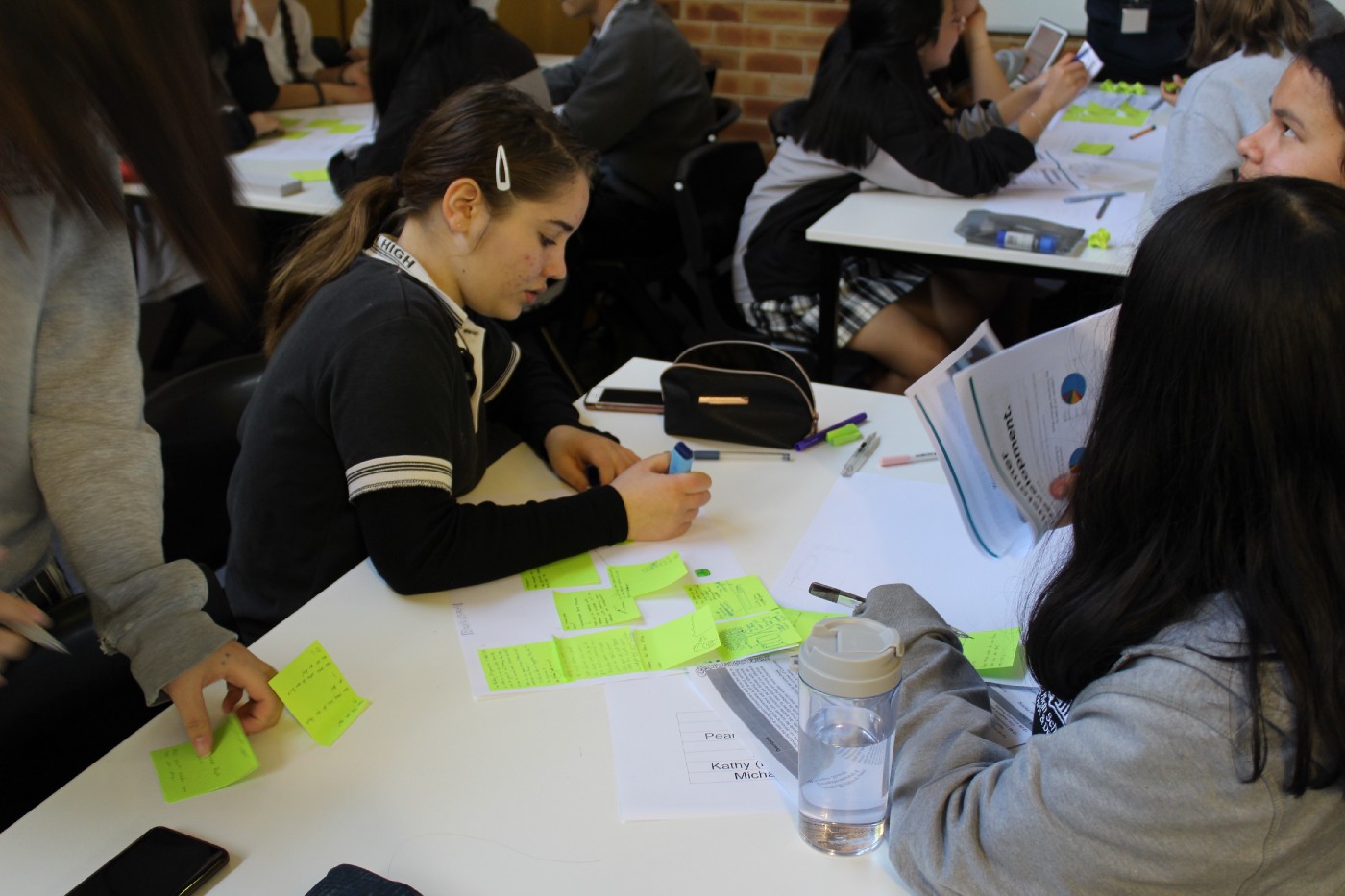Uploaded November 18, 2020
“Change is inevitable. Change is constant”
– Benjamin Disraeli
Amidst a global pandemic, the future of how we live and work seems uncertain and unpredictable. Through months of living through lockdowns and tight restrictions, it’s resulted in us all having to quickly adapt and change to this new way of life. Not only has the pandemic disrupted how we think and behave but it has consequently reshaped the future of entrepreneurship.
Understanding the challenge
For a lot of us, remote working, learning and living have become a part of our new everyday life, with an estimated 600 000 Australians losing their jobs as a result of the pandemic (28% of 18–24yr olds) and with around half of the workforce now working from home 1 or more days a week.
Outside of home life, the way we interact in public has dramatically become more cautious, whether it be on public transport, in restaurants or even walking on the street. The use of facemasks has not only become a protective wear staple, but an expression of style, and hand sanitiser can be found in every bag and building.
So how has this new wave of living impacted entrepreneurs?
Taking advantage of the challenge
Entrepreneurship is all about seeing a need in the world and having the courage to act upon it. 2020 has seen these new challenges, obstacles and opportunities rise up to us more than ever before, with an increase in global demand for our new way of living. Importantly, it’s created an unexpected window of opportunity for creative minds to make our new world more comfortable to live in.
In Queensland, startup Kurin Organics set out to be a plant-based detergent startup but quickly adapted their business model to meet the hygiene demands of COVID-19, creating hand soaps and hand wash that were alcohol-free. Within 2 weeks of development, ‘they had their product and in partnership with UQ Singapore Students’ Society” (UQSSS), and they matched every bottle purchased to support the community in flattening the curve.
“Kurin Organics founders Dr Kok Leong Chong and Ian Ling.”
What does the future look like
Whilst the status of the pandemic is ever-changing, its impact on the entrepreneurial world will be long-term, as the impact of these changes in market and customer behaviour will remain even after the pandemic.
In our new economic climate, gaining traction for entrepreneurs may not be as hard as you think. South Australia has already launched a 12-month government-funded program (South Australian Young Entrepreneurs Scheme (SAYES)) designed for young entrepreneurs aged 18–35 to “ensure SA emerges with a renewed confidence out the other side of this COVID-19 pandemic.”
“Business SA’s 2019 Young Entrepreneur and Jumpstart founder Edward Juers”
The endless access to networking and sales through the virtual world creates no limits for entrepreneurs trying to get their foot through the door. The way Forbes states it, “a salesperson could use his home office, have a video call with a customer, patch-in an expert for a product presentation, call the lab for a live demo and build a relationship with the customer without leaving his home office”.
It’s in this time, more than ever, that young innovators are needed to bring a spark back to the world of entrepreneurship.

